This Android “bug” Just Ruined One Of The Most Satisfying Lock Screen Features
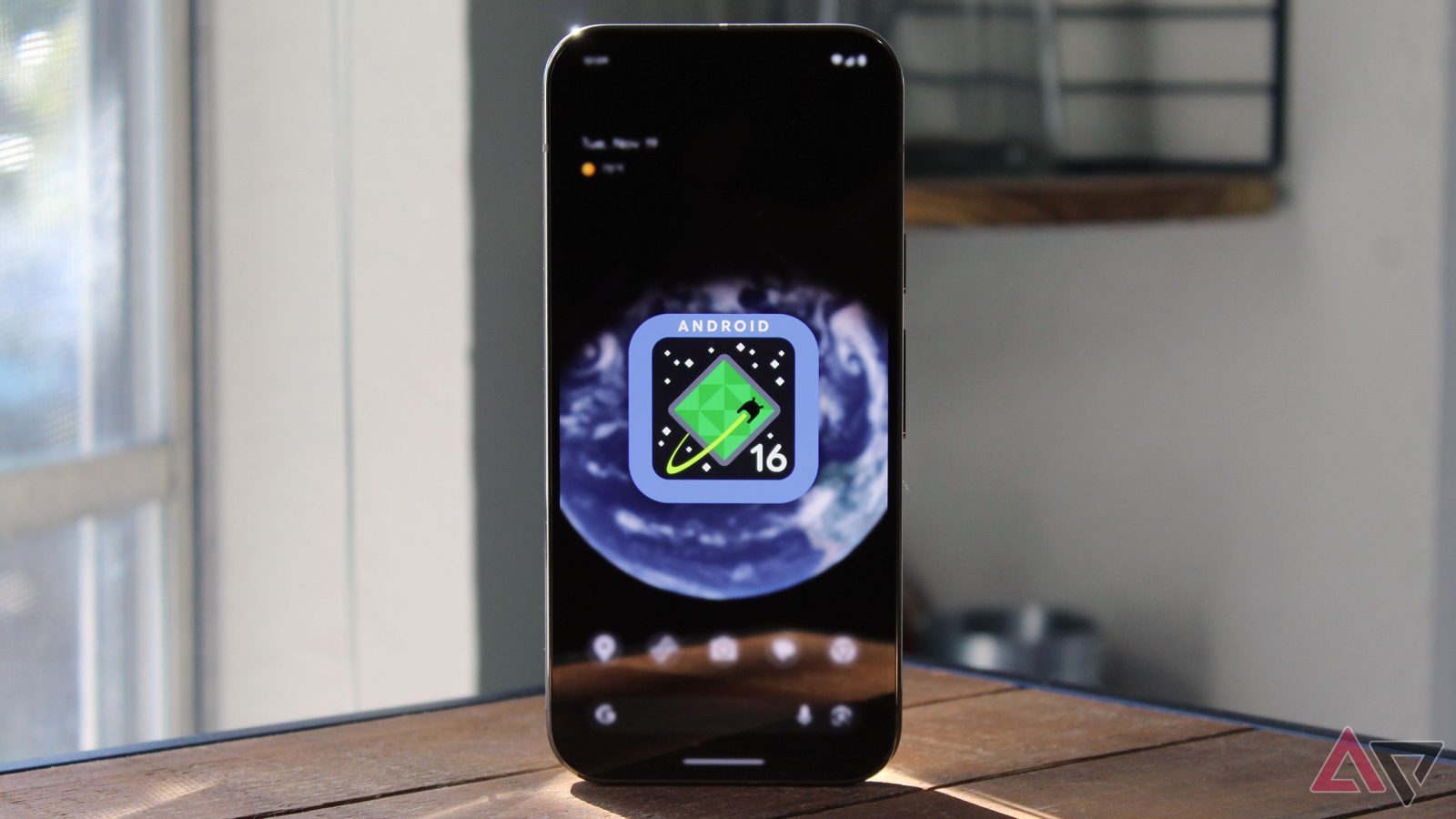
Contents

Sign in to your Android Police account
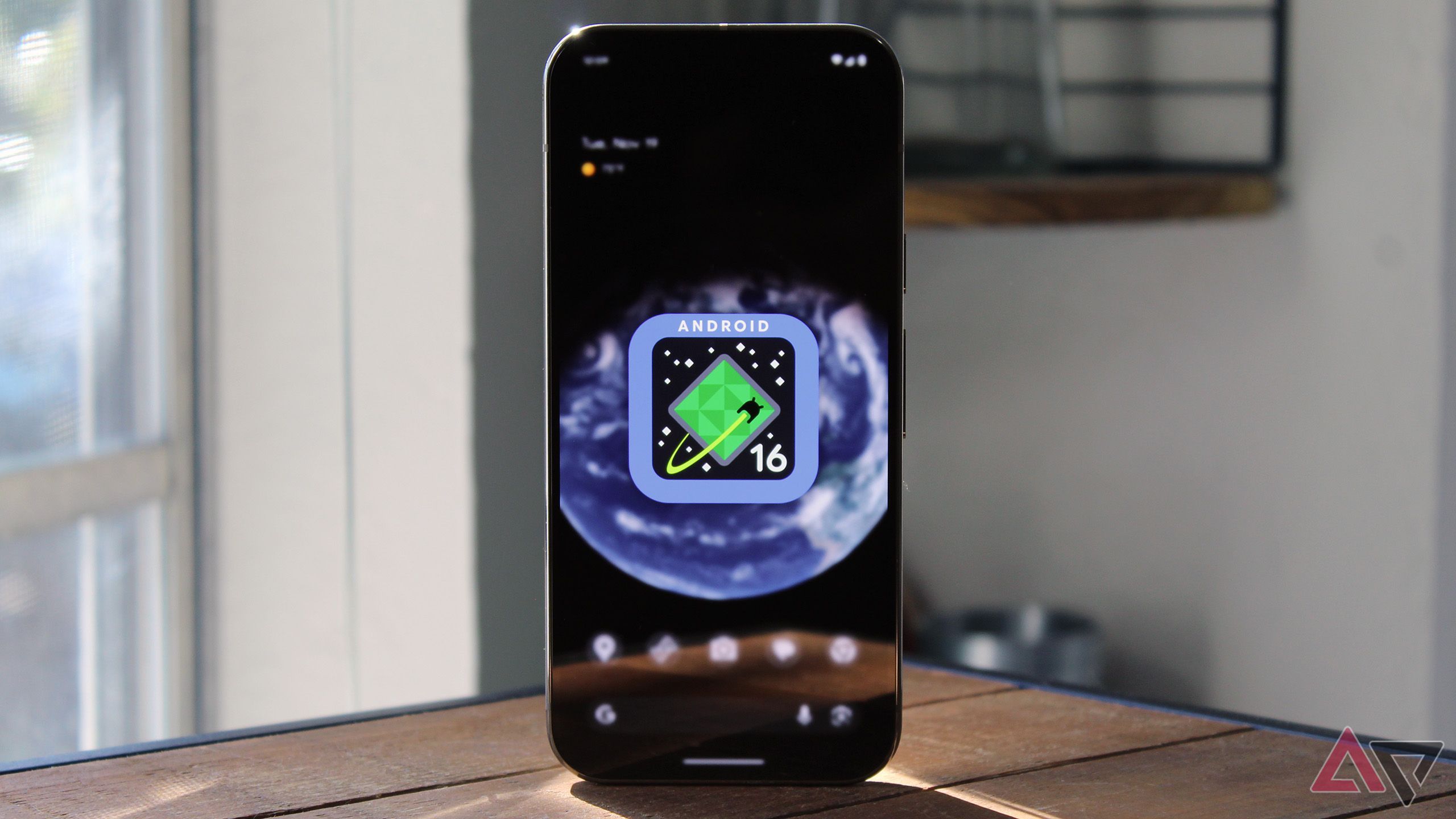
Summary
- Google plans to release Android 16 earlier than usual, with Beta 4 being the final major beta before the stable version, primarily focusing on bug fixes.
- One unexpected change in Beta 4 removes the long-press gesture for lock screen shortcuts, allowing features like the flashlight to activate with a single tap instead.
- Although it’s unclear whether this is a bug or a deliberate change, the sudden shift is already causing confusion and frustration among some Android users.
Looking at past tradition, Google has a bit of a habit of launching the latest version of Android toward the end of the year, typically in August or later. The company decided to switch gears this time around and plans to release the latest software, Android 16, earlier this year.
Last month, Google’s Head of Android, Sameer Samat, confirmed to Android Police’s James Peckham that Android 16 is on track for its June release. Samat even mentioned that the reason the company plans to release the software earlier than usual is due to “development changes within the Android team.” Like any operating system, there’s no way Android 16 would make its way to the public without going through multiple beta releases first.
Google published a development timeline when it announced the first Android 16 Developer Preview in November. According to it, we finally reached the final major beta version this month before the stable version goes live — Android 16 Beta 4. According to Google’s official release notes for Beta 4, it primarily focuses on existing bugs. Unfortunately, newer beta releases often come with their own set of issues, and one of them this time around affects lockscreen shortcuts.
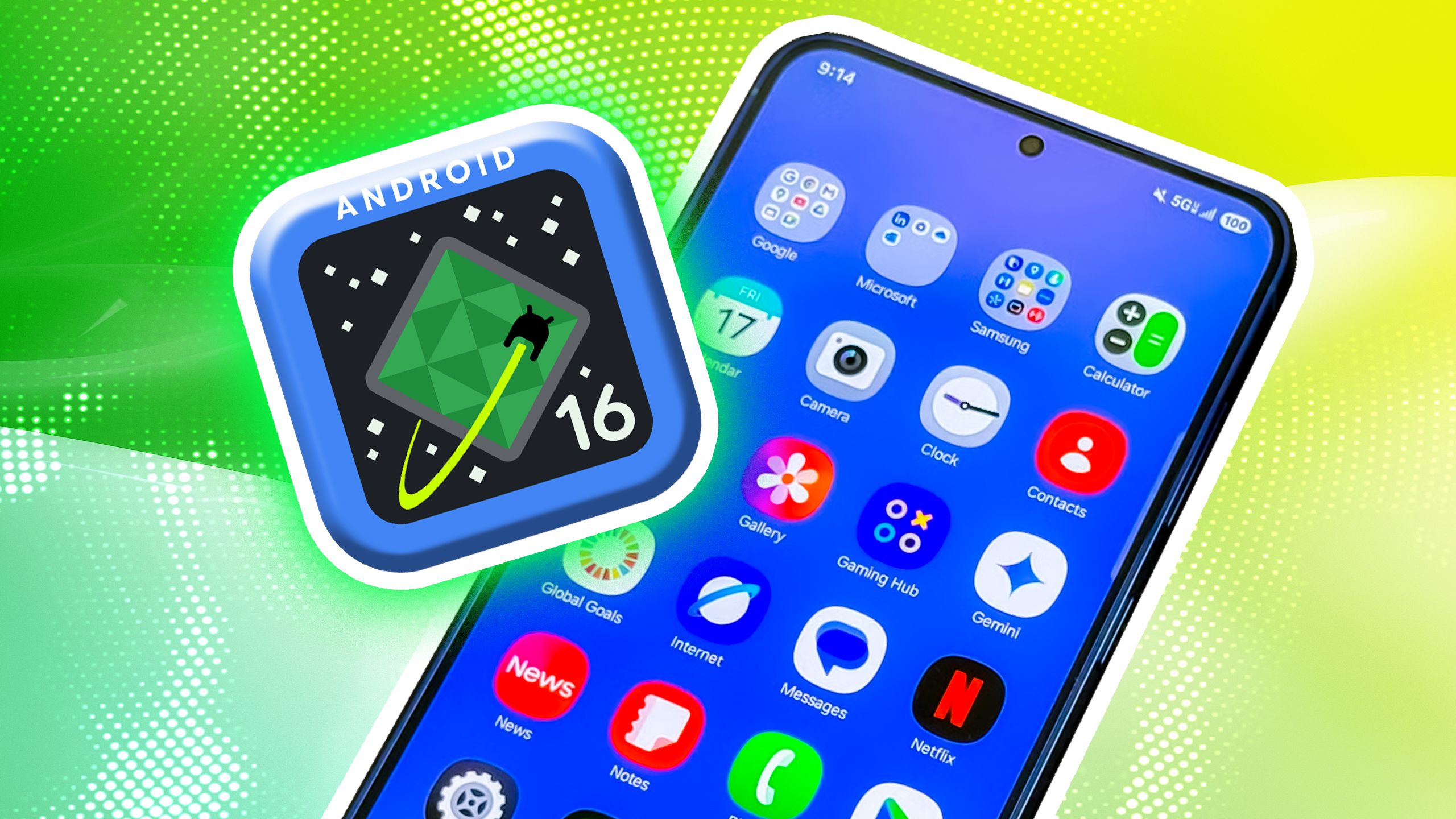
Related
6 features that Android 16 needs to rejuvenate the OS
There’s plenty of room for Google to make these necessary changes
The latest Android 16 Beta removes long-press support for lock screen shortcuts

If you’ve been an Android user for a couple of years, you’ve likely noticed that when you tap an item on your device’s screen once, a Touch & hold shortcut reminder appears, and the shortcut in question begins to vibrate.
According to an Android support page, Touch & hold is a common gesture on Android devices, referring to long-pressing an item on your screen and not lifting your finger until the item responds. For instance, when you tap the flashlight shortcut on your lock screen, you’ll see a Touch & hold prompt, and the icon will vibrate slightly to let you know it’s waiting for a long press to activate the feature.
As first spotted by 9to5Google and several users on Reddit, users are no longer required to long-press lock screen shortcuts to activate them.
Instead, a simple tap does the trick, while a long-press reportedly does… nothing. For someone like me, who relies on muscle memory for quite literally everything, this seems incredibly inconvenient. 9to5Google mentions that while they aren’t sure if it’s a bug or an intentional change, it isn’t appearing on all devices running Android 16 Beta 4.
They note that the issue is only showing up on two out of six phones they tested. On the other hand, a few users on Reddit are visibly frustrated and mentioned being confused when they noticed their flashlight randomly turning on while in their pocket.
Google originally added the extra step of long-pressing a shortcut instead of simply tapping it when it launched Android 14, with the intention of reducing accidental activations. So, if this turns out to be a deliberate change, it’s safe to say a lot of Android users will be disappointed, and it would definitely feel like a step backward.
What’s your reaction?
Love0
Sad0
Happy0
Sleepy0
Angry0
Dead0
Wink0
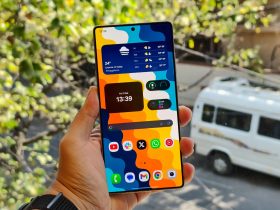

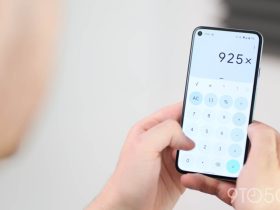
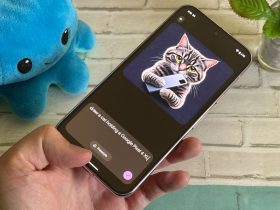

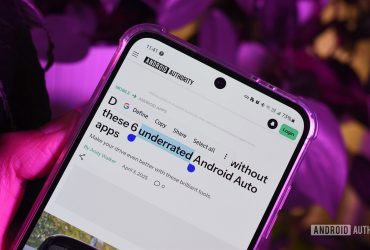
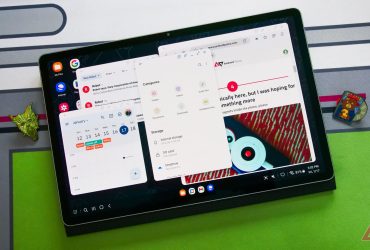
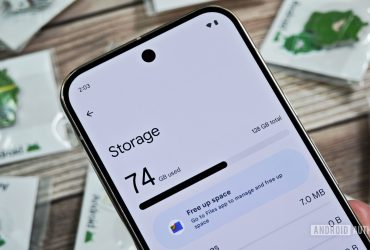
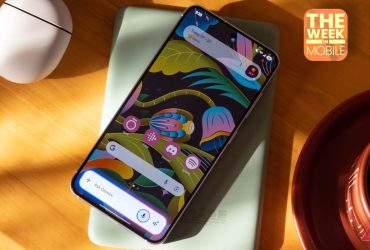
Leave a Reply
View Comments